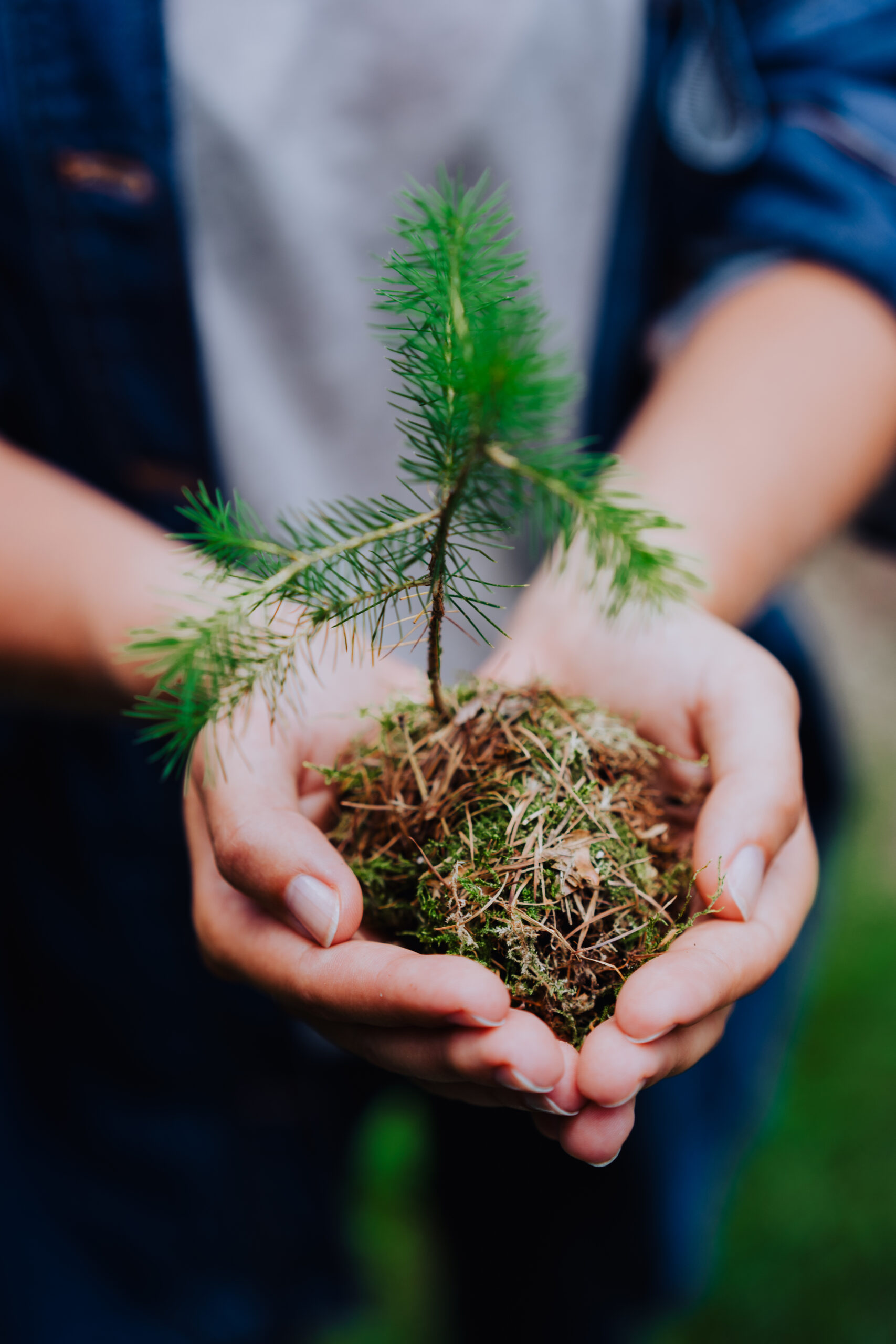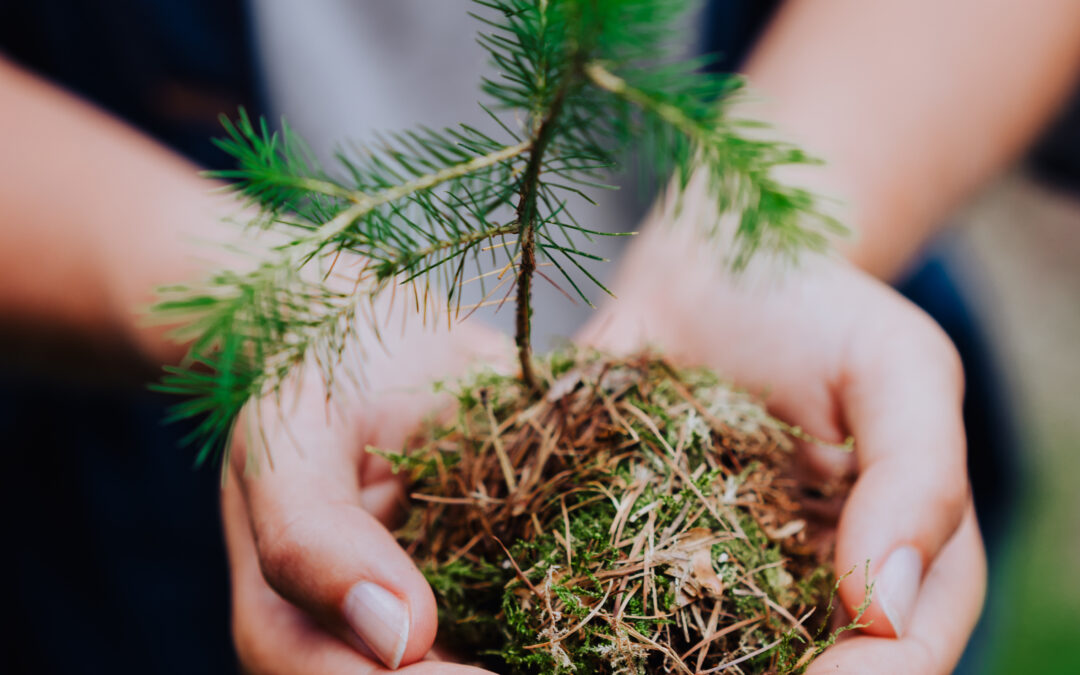Organic gardening is a popular trend that has been gaining traction in recent years. It involves growing plants without the use of synthetic fertilizers or pesticides, relying instead on natural methods to maintain soil health and keep pests at bay. If you’re new to organic gardening, here are some tips and tricks to help you get started:
Introduction to Organic Gardening
The first step to successful organic gardening is understanding what it entails. Unlike traditional gardening, which uses chemicals to control pests and boost plant growth, organic gardening relies on natural methods such as composting, crop rotation, and companion planting. By using these techniques, you can create a thriving garden that is free from harmful chemicals and environmentally friendly.

Benefits of Organic Gardening
There are many benefits to choosing organic gardening over traditional gardening. For one, it’s better for the environment because it doesn’t involve the use of harsh chemicals that can leach into groundwater and harm wildlife. Additionally, organically grown produce is often more nutritious than conventionally grown crops because it contains higher levels of vitamins and minerals. Finally, organic gardening can be cheaper in the long run because you won’t have to buy expensive fertilizers and pesticides every year.
Tips for Successful Organic Gardening
To ensure success with your organic garden, there are several things you should do. Firstly, start by preparing your soil properly. This means adding plenty of organic matter like compost and manure to enrich the soil and improve drainage. Secondly, choose the right plants for your climate and region. Plants that are well-suited to your area will require less water and care, making them easier to grow organically. Thirdly, practice good cultural practices like spacing plants correctly, providing adequate sunlight, and keeping weeds under control. Fourthly, make sure to rotate your crops each season to prevent depletion of nutrients in the soil. Lastly, attract beneficial insects like ladybugs and lacewings to your garden to naturally control pest populations.
Common Mistakes in Organic Gardening and How to Avoid Them
Even experienced gardeners sometimes make mistakes when it comes to organic gardening. One common mistake is not preparing the soil properly before planting. To avoid this, always add plenty of organic matter to your soil to improve its structure and nutrient content. Another mistake is overwatering plants, which can lead to root rot and other problems. Instead, aim to keep your soil moist but not saturated. Finally, failing to control pests early enough can result in significant damage to your plants. Be proactive about monitoring your garden for signs of pests and take action quickly if necessary.
In conclusion, organic gardening can be both rewarding and challenging. By following these tips and tricks, you can set yourself up for success and enjoy the many benefits of growing your own food naturally.



